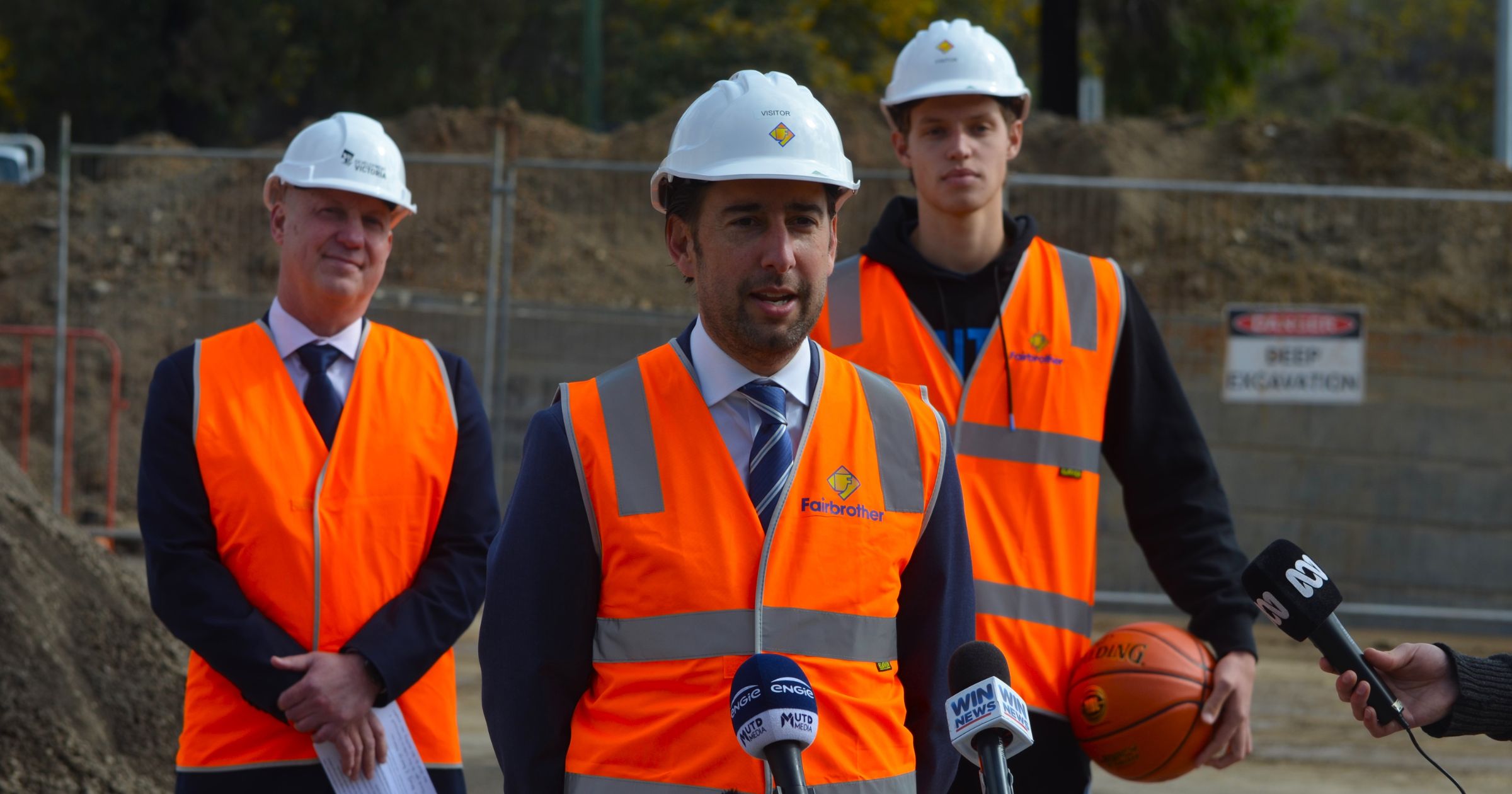Funding lines go cold for Lifeline

Not enough: A Lifeline Loddon Mallee spokesperson has flagged issues with the end to COVID-19 support funding to the service’s volunteer training programs. Photo: FILE
VOLUNTEERS at a locally run mental health crisis phone service have expressed concern after State Government-supplied relief funding was discontinued earlier this year.
Lifeline Loddon Mallee provides emergency phone support to regional Victorians experiencing mental health issues with the hotline staffed by volunteers.
Lisa Renato, operations manager at Lifeline Loddon Mallee said the service provides critical support and last year answered 18,000 calls from the region.
“There were 84 deaths by suicide in the region, almost two per fortnight,” she said.
Northern Victoria upper house MP for the Nationals, Gaelle Broad, said she’s received correspondence from the regional crisis line stating that current funding wasn’t meeting their needs.
Ms Broad said although temporary funding boost had helped during the pandemic, current demand for the service hadn’t declined.
“The cost-of-living pressures are so significant now and I think that’s definitely having an impact on mental health,” she said.
According to Ms Broad the funding that has now been withdrawn would have been used to train and support volunteers.
“There’s definitely a need for it so we’re really keen to see the government provide that support because this is such an essential service,’ she said.
Lifeline as a national organisation is funded in part by the Federal Government.
Member for West Bendigo and former Lifeline board member, Maree Edwards, said the organization’s regional centres rely on additional State Government funding, donations, and fundraising to keep providing services.
“Lifeline Australia get the bulk of the money, but they don’t filter that down into Lifeline in Victoria and the regional services where the hard work is actually done,” she said.
Additional State Government funding was provided during the COVID-19 pandemic when demand for the service increased, but according to Ms Edwards that was always a temporary boost to regular funding.
“We know that there’s been enormous pressure on people’s mental health and the services that have been provided by Victorian Lifeline centers has really benefited thousands of people during those times.”
Ms Edwards said an additional $250,000 had been given to Lifeline Australia to support regional Victorians impacted by last year’s floods.


















